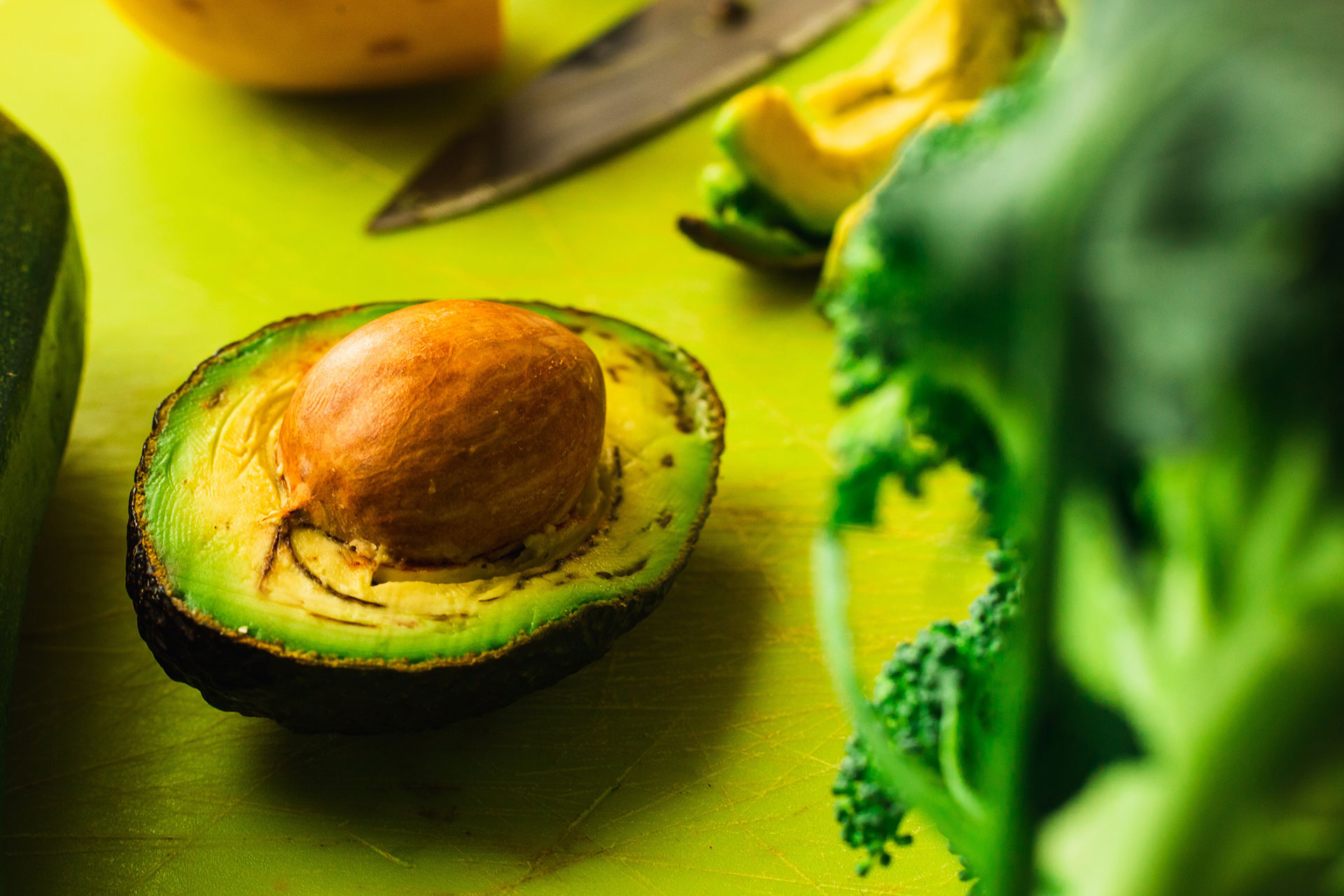Prepare The Meal Supporting The production Of Serotonin And Dopamine!

The food alone cannot directly create serotonin or dopamine, certain nutrients and dietary choices can support the production and function of these neurotransmitters, which can contribute to overall mood and well-being. Here’s a balanced meal plan to support the production of serotonin and dopamine:
Breakfast: Serotonin-Boosting Oatmeal
Ingredients:
- 1/2 cup rolled oats
- 1 banana, sliced (rich in tryptophan)
- 1 tablespoon chia seeds (source of omega-3 fatty acids)
- 1/4 cup Greek yogurt (for probiotics)
- A sprinkle of dark chocolate chips (contains serotonin precursors)
- Honey or maple syrup for sweetness
Instructions:
- Cook the oats according to package instructions.
- Top with banana slices, chia seeds, Greek yogurt, dark chocolate chips, and a drizzle of honey or maple syrup.
- Enjoy your serotonin-boosting breakfast!
Lunch: Dopamine-Enhancing Salmon Salad
Ingredients:
- Grilled or baked salmon (rich in tyrosine)
- Mixed greens
- Cherry tomatoes
- Avocado (healthy fats)
- Almonds (source of tyrosine)
- Olive oil and balsamic vinegar for dressing
Instructions:
- Prepare a salad with mixed greens, cherry tomatoes, and sliced avocado.
- Add grilled or baked salmon as the protein source.
- Top with almonds for extra crunch and tyrosine.
- Dress with a mixture of olive oil and balsamic vinegar.
- Enjoy your dopamine-boosting lunch!
Dinner: Balanced Turkey Stir-Fry
Ingredients:
- Lean ground turkey (source of tryptophan and tyrosine)
- Broccoli florets
- Red bell pepper
- Carrots
- Garlic and ginger for flavor
- Low-sodium soy sauce (in moderation)
- Brown rice or quinoa
Instructions:
- Cook lean ground turkey in a skillet with minced garlic and ginger.
- Add chopped broccoli, red bell pepper, and carrots for a colorful stir-fry.
- Stir in a small amount of low-sodium soy sauce for flavor.
- Serve over brown rice or quinoa for a balanced meal.
- Enjoy a dinner that supports both serotonin and dopamine production!
Also regular physical activity, adequate sleep, and stress management are also crucial for optimal neurotransmitter function and overall well-being.


Responses